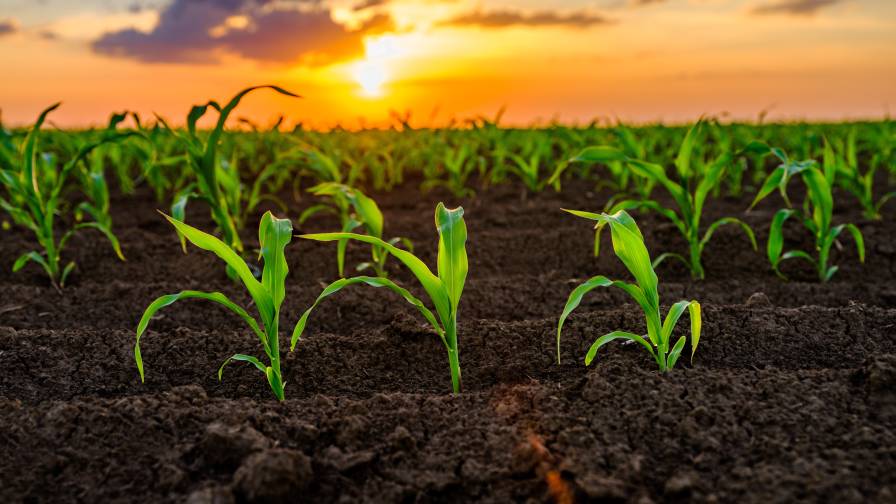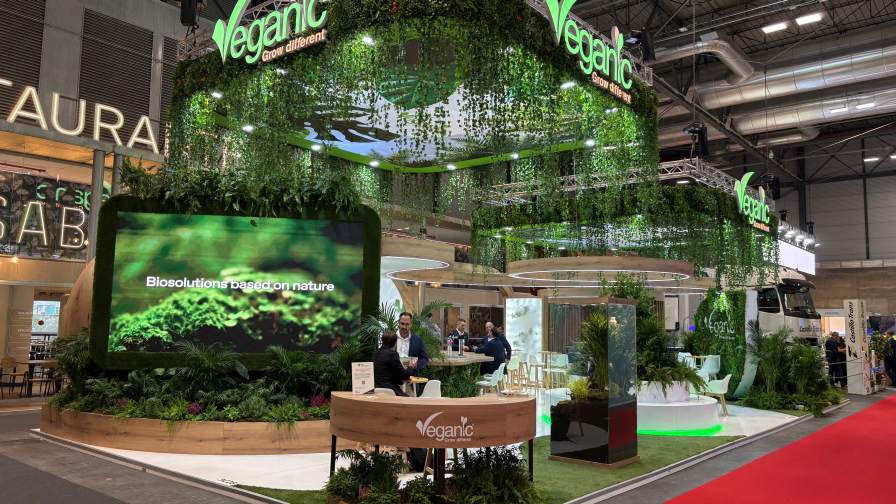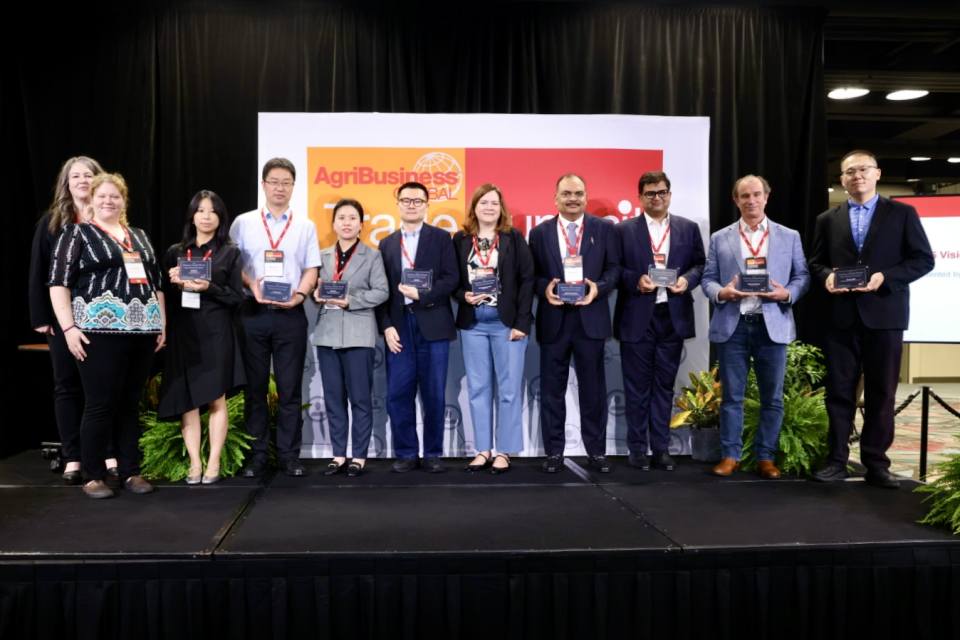BASF and Monsanto Collaboration to Produce Improved Seeds
BASF Plant Science and Monsanto began a biotechnology research and development collaboration 18 months ago, designed to create higher-yielding seed products. The collaboration focuses on four primary crops: corn, soybeans, cotton, and canola. The two companies have already enlarged their combined gene pool by sharing hundreds of genes, with a less than 10% overlap. The companies’ joint development pipeline will accelerate the products’ path to market.
The companies’ focus is on drought tolerance, developing plants that use nitrogen more efficiently, and plants with improved capacity to produce greater yield under normal conditions. The most advanced project, drought tolerant corn, was promoted to Development Phase III in January, where data for the regulatory process will be collected. For the four most developed projects, the companies anticipate the following market values in the US in 2020:
- Higher yield in corn (broad acre): more than US $1 billion
- Higher yield in soybeans (broad acre): US $300-500 million
- Improved nitrogen utilization in corn: US $300-500 million
- Drought tolerant corn family: US $300-500 million
All four projects have so far shown significant yield improvements over control groups in field trials. In a South American trial for higher yielding soybeans this year, the BASF Plant Science/Monsanto seeds showed a yield advantage of 6% to 10%. In a US trial last year, the companies’ new cotton variety delivered a yield advantage of up to 19% under drought conditions.
“Of the total market for plant biotechnology, which we estimate will be US $50 billion in 2025, increasing and securing yield definitely has the most business potential and impact. We will pioneer this segment with our first drought tolerant corn product to be launched after 2012 targeting yield advantages of 6% to 10%,” said Dr. Hans Kast, President and CEO of BASF Plant Science.
“As the world faces continued and growing demands for agricultural goods, Monsanto has committed to double crop yields in corn, soybeans, and cotton by 2030,” said Steve Padgette, Vice President of Biotechnology at Monsanto.






